The Key Benefits of Using a Cast Iron Trunnion Table Instead of Aluminum or Steel
- Apr 6, 2025
- 2 min read

When it comes to optimizing your CNC machining operations, choosing the right trunnion table material can significantly impact performance, durability, and precision. At Martin Trunnion Tables, we understand the importance of selecting a material that not only enhances efficiency but also stands up to the demands of rigorous machining environments. While aluminum and steel have their place in manufacturing, cast iron trunnion tables offer distinct advantages that make them the superior choice for high-performance machining applications.
1. Superior Vibration Damping for Enhanced Accuracy
One of the biggest advantages of using cast iron over aluminum or steel is its excellent vibration damping capability. During machining, excessive vibration can lead to poor surface finishes, inaccuracies, and increased tool wear. Cast iron's high graphite content naturally absorbs vibrations, leading to smoother machining and more precise results.
2. Exceptional Rigidity and Strength
Cast iron is renowned for its rigidity, which is crucial for maintaining stability during high-force machining operations. Compared to aluminum, which is prone to flexing under heavy loads, and steel, which can be overly rigid and transfer unwanted vibrations, cast iron offers an optimal balance. This ensures greater repeatability and consistency in precision machining.

3. High Wear Resistance for Longevity
Durability is a key factor when investing in a trunnion table. Cast iron is known for its high wear resistance, making it ideal for long-term use in machining environments. Unlike aluminum, which can easily dent or scratch, and steel, which can be prone to galling, cast iron maintains its structural integrity over time, reducing maintenance costs and extending the life of your workholding system.
4. Thermal Stability for Consistent Performance
Temperature fluctuations can lead to material expansion and contraction, which can affect machining precision. Cast iron has excellent thermal stability compared to aluminum, which expands significantly under heat, and steel, which can be sensitive to temperature changes. This makes cast iron an ideal choice for maintaining consistent tolerances in a variety of environmental conditions.

While steel and aluminum are commonly used in various applications, cast iron is often more cost-effective due to its machinability and long-lasting performance. Steel can be difficult and time-consuming to machine due to its hardness, while aluminum, though easy to machine, lacks the necessary durability for heavy-duty operations. Cast iron strikes a balance, allowing for efficient manufacturing and reduced overall production costs.
Conclusion
For manufacturers looking to improve machining performance, enhance accuracy, and ensure long-term reliability, a cast iron trunnion table is the superior choice over aluminum and steel alternatives. At Martin Trunnion Tables, our cast iron trunnion tables provide the vibration damping, rigidity, wear resistance, and thermal stability needed to maximize your CNC operations.
If you’re ready to upgrade your workholding solution, contact us today to learn more about our cast iron trunnion tables and how they can optimize your machining efficiency!
